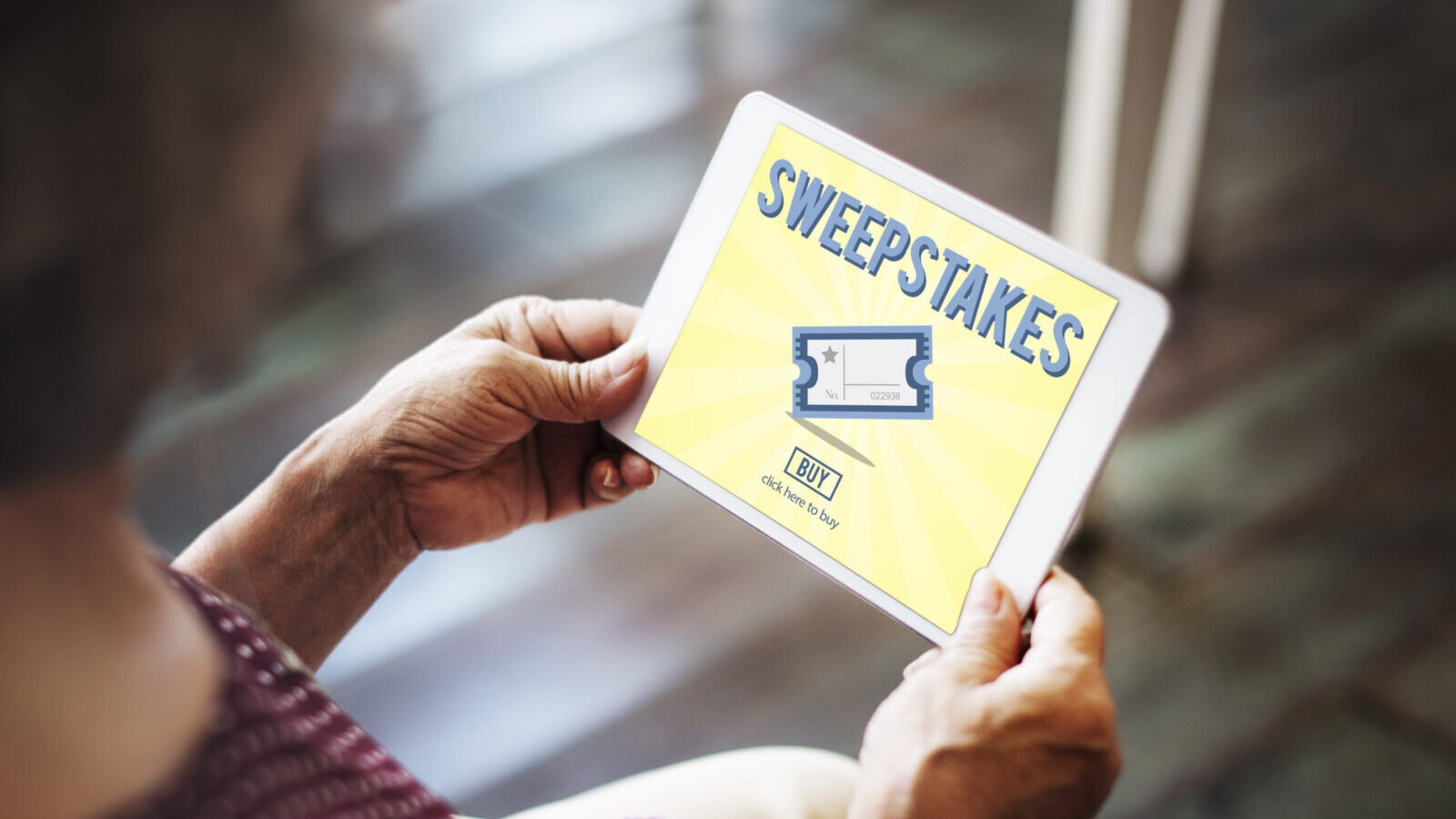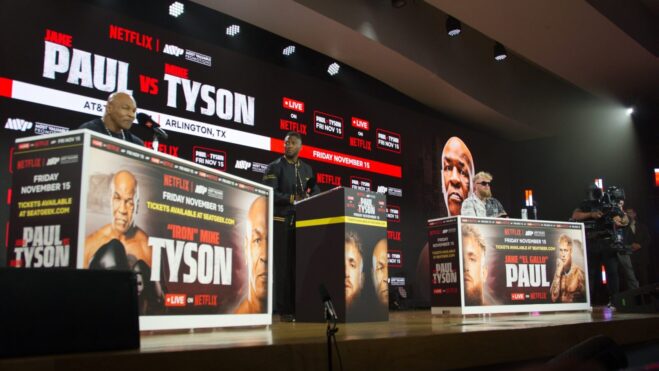Of Course It’s Gambling: The AGA’s Shocking Discovery That Water Is Wet
Survey says 90% of sweeps players think they’re gambling — a fine talking point, but let’s get real
2 min

The American Gaming Association (AGA) just commissioned a study that reveals sweepstakes casino players think they’re gambling.
Stop the presses.
Look, I get it. The AGA needed data to support it regulatory push against sweepstakes casinos, and now the organization has it, with 90% of sweepstakes players considering what they’re doing to be gambling. It’s a useful talking point, even if it’s about as revealing as discovering that most dudes who go to strip clubs aren’t there for the free buffet.
But let’s talk about what this study actually tells us — and what it glosses over.
The Meemaw factor
First, the obvious: Of course — of course! — sweepstakes casinos are gambling. They’re running the exact same workaround Georgie Cooper cooked up on Young Sheldon when Meemaw’s illegal gambling den got shut down. Instead of cash payouts, players win teddy bears that get bought back for a suspiciously specific amount. Replace “teddy bears” with “sweeps coins,” and you have the entire sweepstakes casino model.
The genius wasn’t in fooling players — 69% of sweepstakes players describe these sites as places to wager real money, according to the AGA’s data. The genius was in finding a loophole big enough to drive an industry through while regulators stood around scratching their heads.
Which brings me to my first problem with this study: It’s designed to make sweepstakes operators look like the bad guys while painting the legal casino industry as the responsible adults in the room.
But let’s be honest about who’s funding this research and why.
The AGA represents legal casino operators, and many of its corporate constituents have spent millions lobbying unsuccessfully for six years to get online casinos legalized in a new state. Now they’re watching sweepstakes sites operate nationwide (minus states where they’ve been specifically outlawed) with a fraction of the overhead and few of the restrictions. Of course they want regulators to crack down.
That doesn’t make them wrong, but it does make this study about as objective as a Philip Morris report on the health benefits of Marlboro Lights.
The YouTube problem
More from the study: Sweepstakes operators dump 59% of their ad spend on YouTube, while legal operators spread their advertising around more evenly among display, mobile apps, cable, search, and yes, some YouTube.
My 16-year-old son sees sweepstakes (and social casino) ads constantly on YouTube, and he’s clearly not alone. These sites are leaning into platforms that skew younger, where the rules are looser, and the cost per impression is dirt cheap.
But before we start clutching pearls about targeting kids, let’s remember that YouTube’s algorithm doesn’t care about good intentions. It cares about bids. The highest bidder gets the slot, and sweepstakes casinos are obviously bidding big. Plus, there are no rules — state or otherwise — in place when it comes to sweeps advertising, unlike the regulated industry.
So the difference isn’t that sweepstakes operators are uniquely evil. It’s that they’re not playing by the same rulebook, and that’s mostly because no one’s made them.
Here’s what the study does reveal that’s actually useful: It says 80% of sweepstakes players spend money monthly, and 65% started playing to win real money. Those numbers look awfully similar to legal casino player behavior, according to the study.
The study also revealed something the AGA probably didn’t mean to spotlight: Sweepstakes operators are almost certainly gobbling up market share. Their ads made up nearly half of all online casino ad impressions in early 2025. That’s not the behavior of fly-by-night scammers. That’s the behavior of companies that believe they’ve found a sustainable business model.
Now what?
Look, sweepstakes casinos are gambling operations, and they should probably be regulated like gambling operations. The AGA is right about that, even if the organization’s motivations are transparent and self-interested.
But let’s not pretend this study uncovered some shocking truth. It confirmed what everyone already knew: When you offer people the chance to win real money by playing casino games, they think they’re gambling. Because they are.
The real question isn’t whether sweepstakes sites are gambling; it’s whether we’re going to keep pretending that calling it something else somehow makes it different. A teddy bear by any other name …






